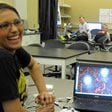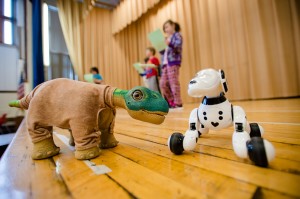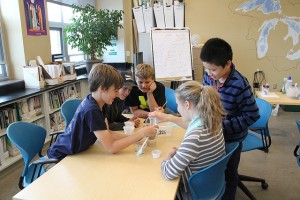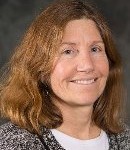Joan Chadde, director of the Center for Science and Environmental Outreach, presented at the Belle Isle State Park Natural Resource Roundtable last Thursday, April 14, 2016. The roundtable was hosted by the Belle Isle Conservancy’s Environmental Conservation Committee and the Michigan Department of Natural Resources to share interests and potential collaborations.
Michigan Tech and Wayne State University were the only two universities in Michigan invited to participate, in addition to a dozen government agencies and non-profit organizations.
Chadde has engaged Detroit teachers and students in natural resource stewardship activities on Belle Isle since 2009, supported by three different grants.






